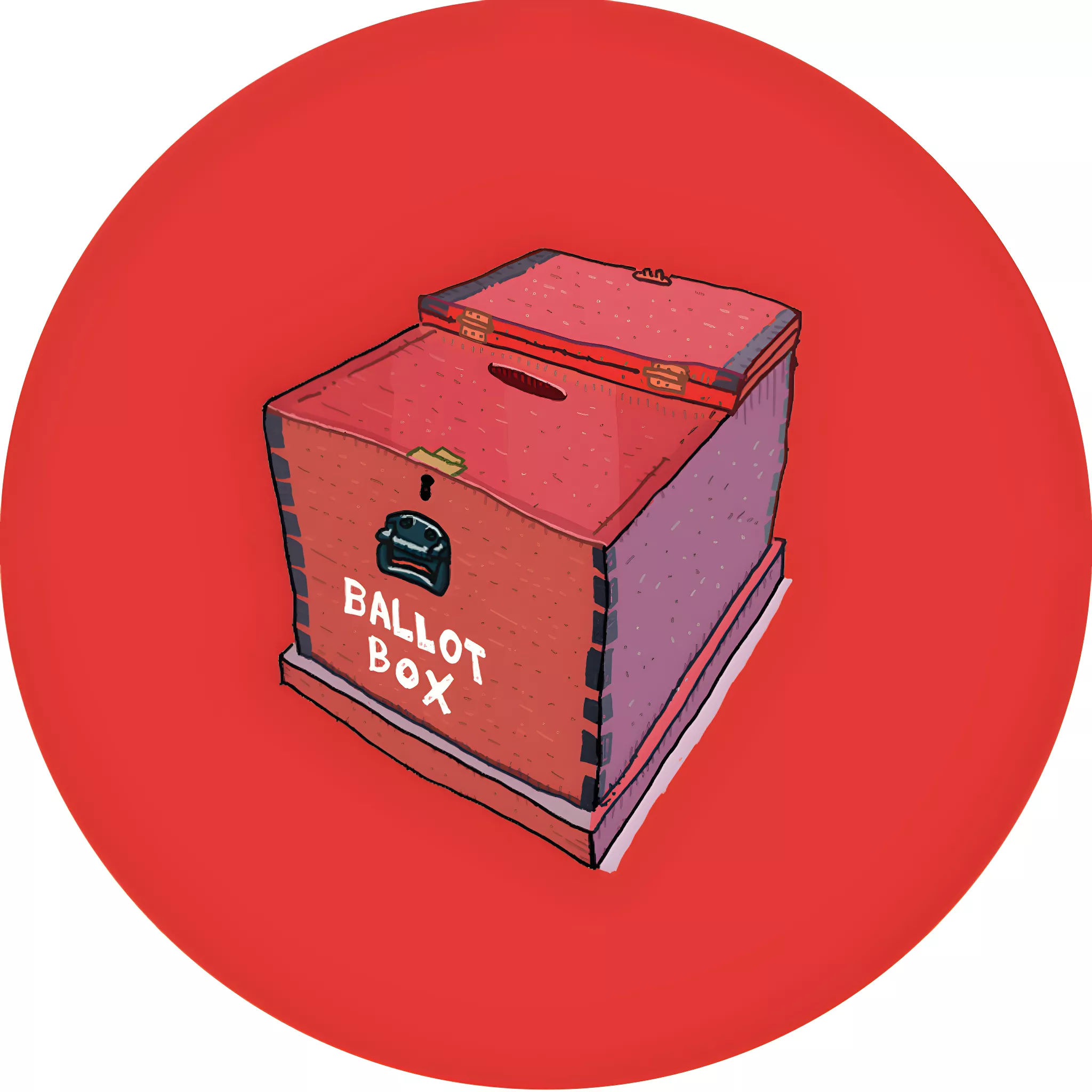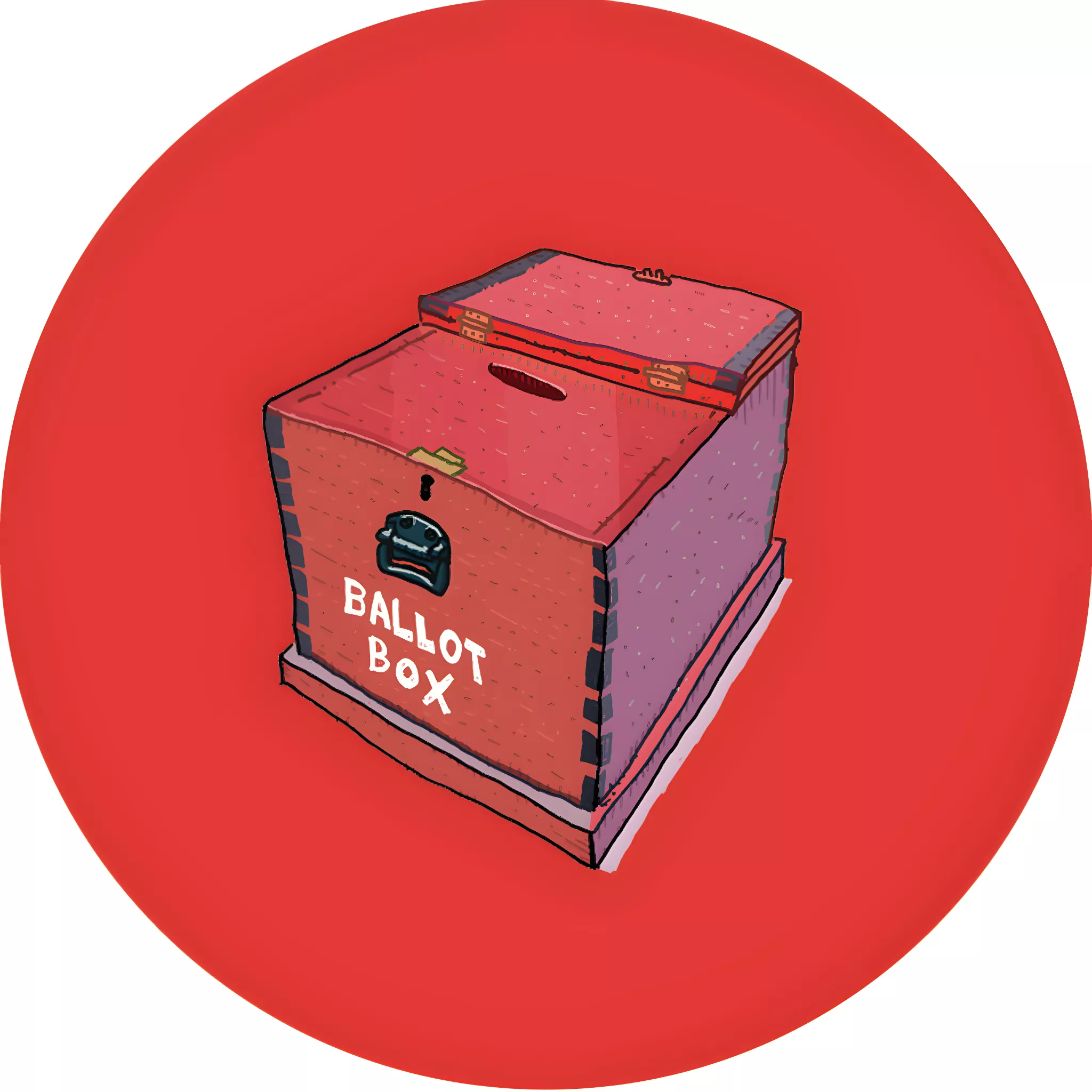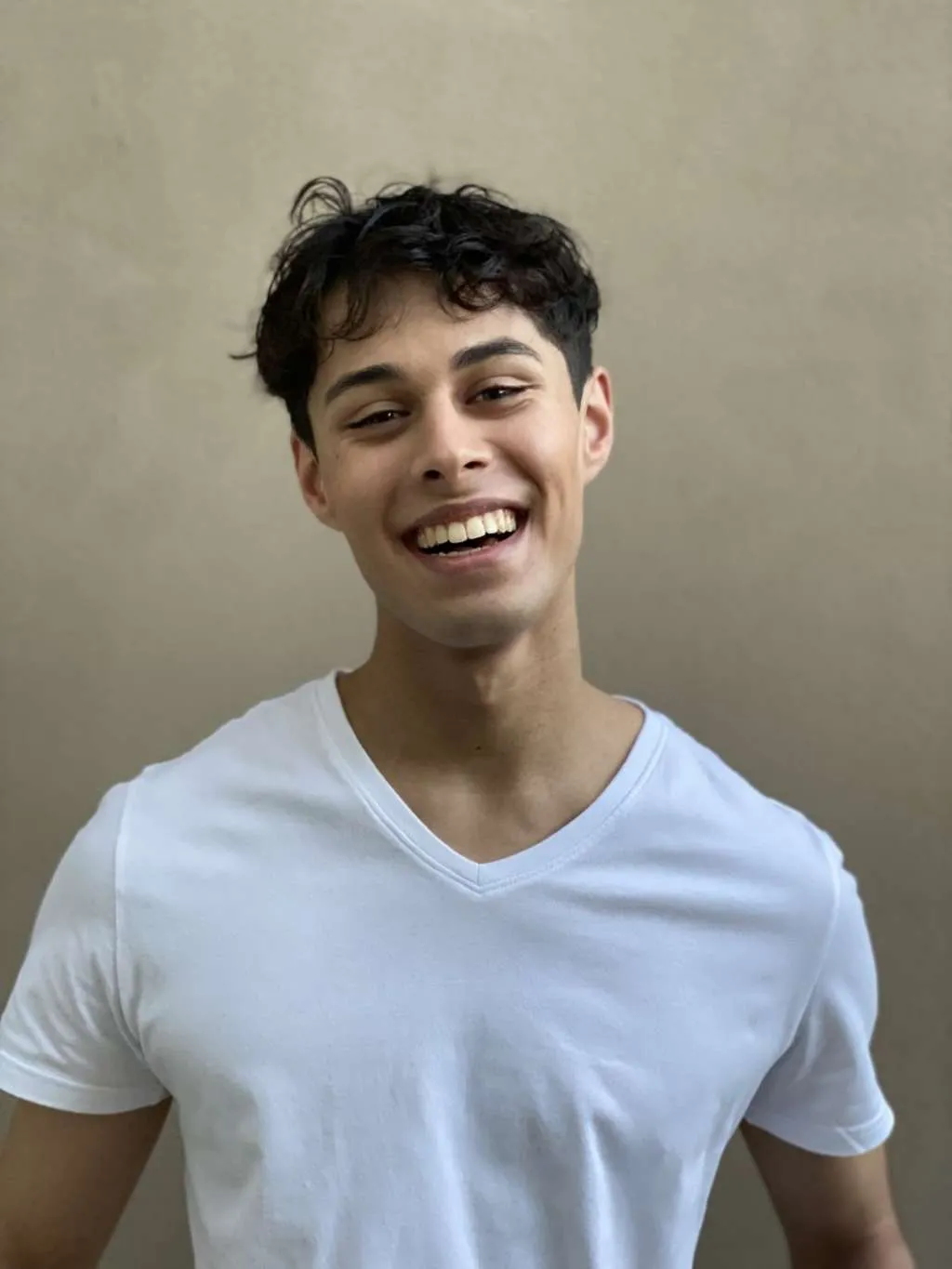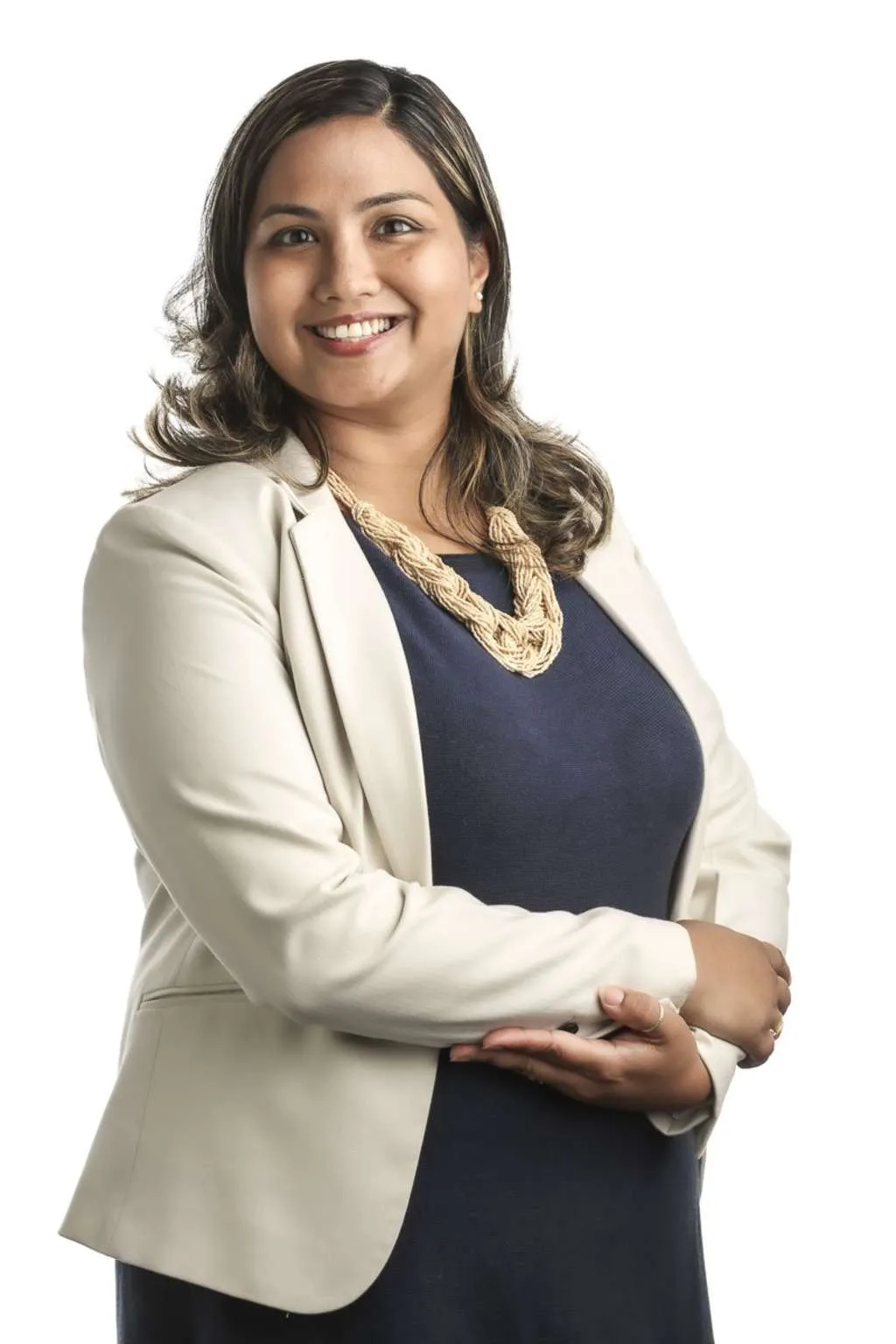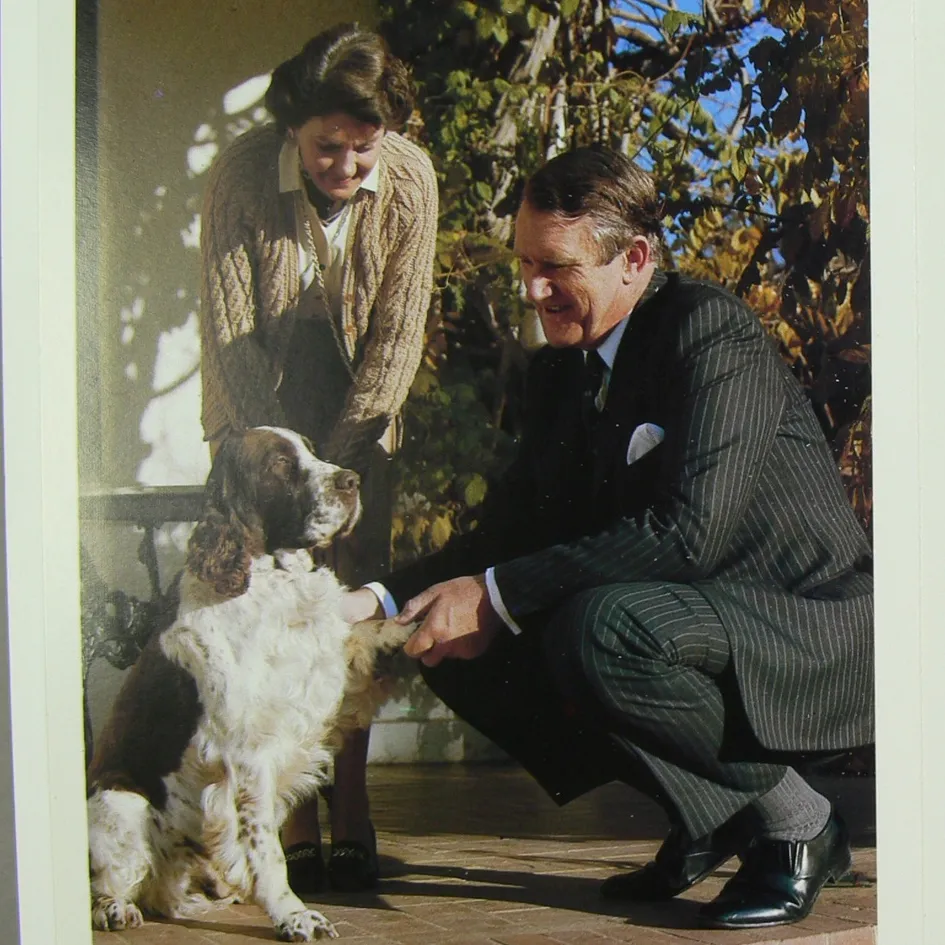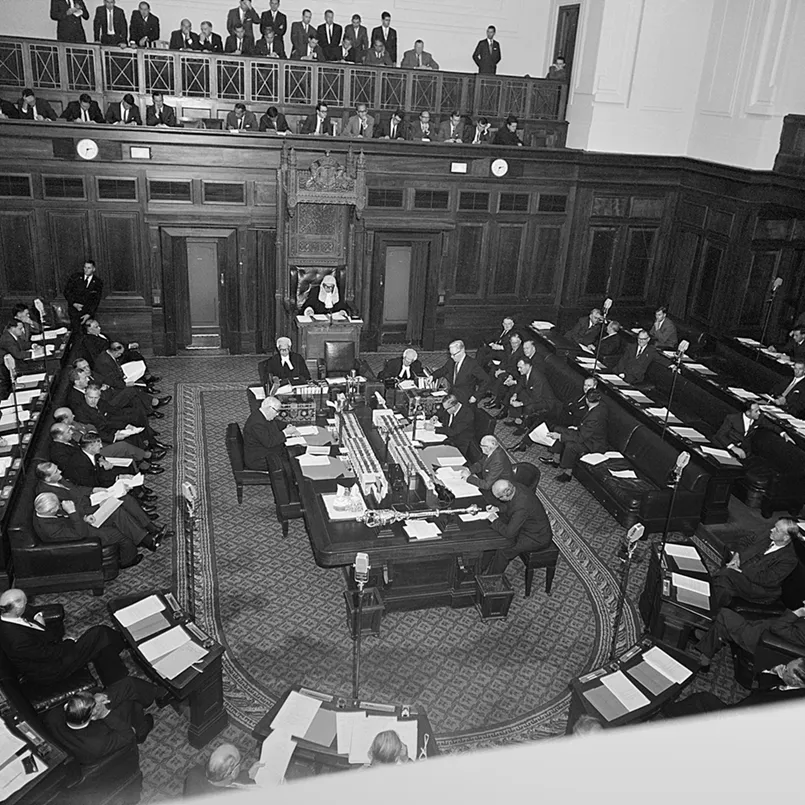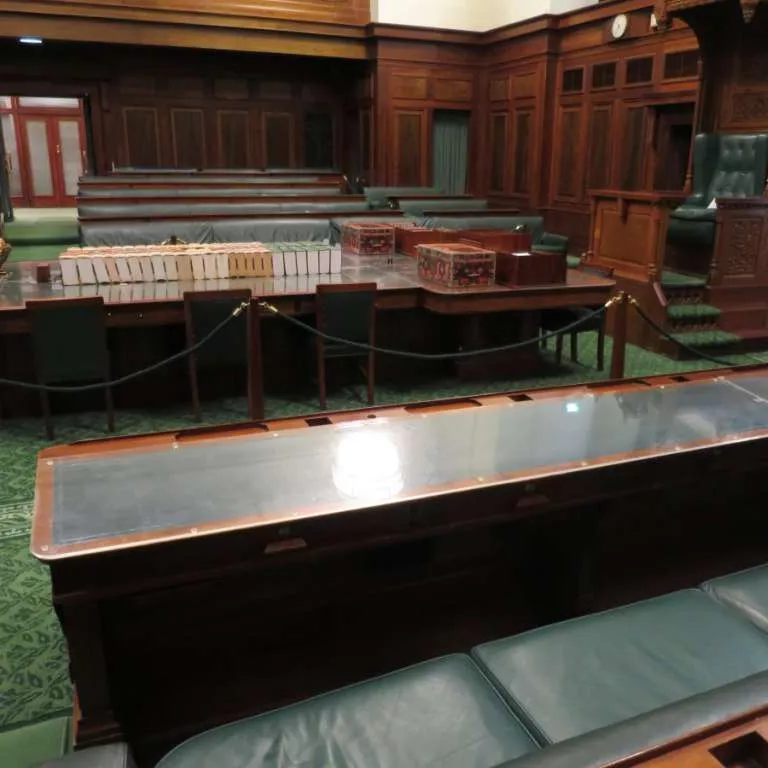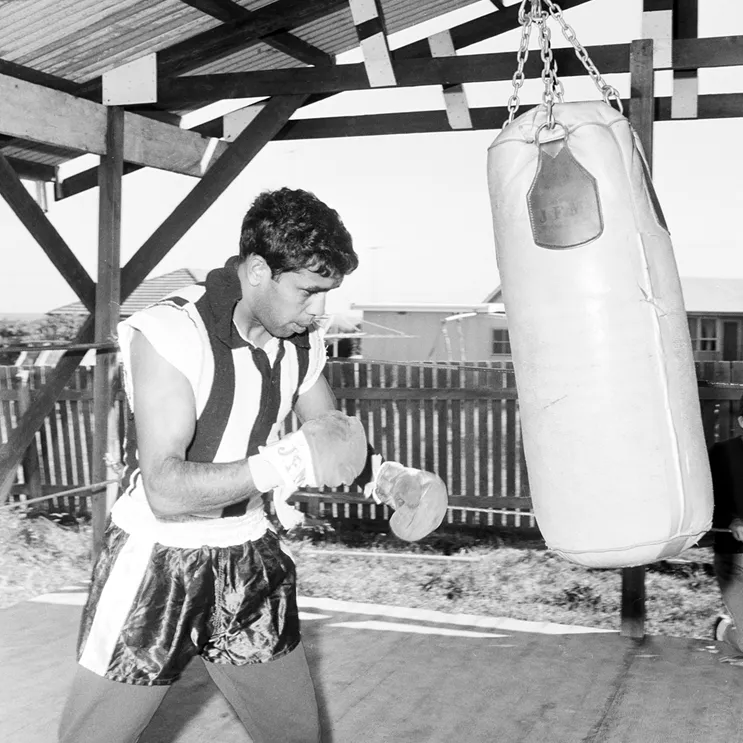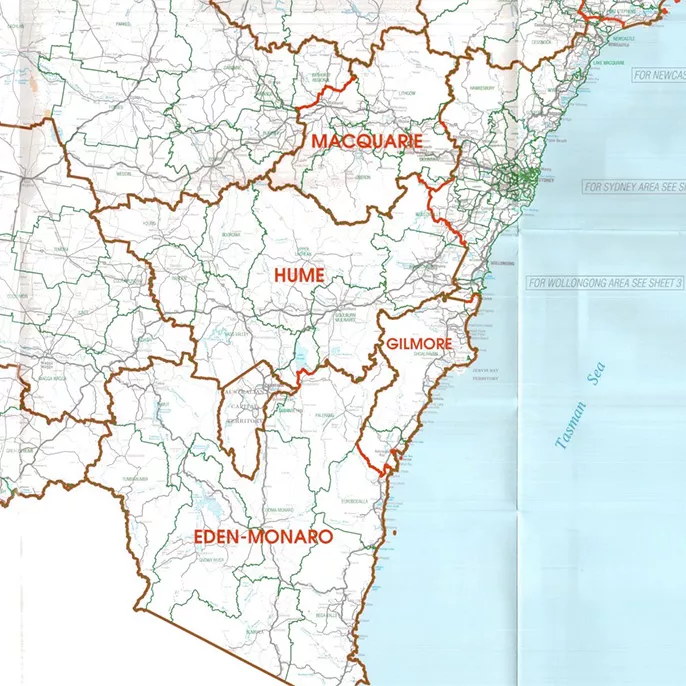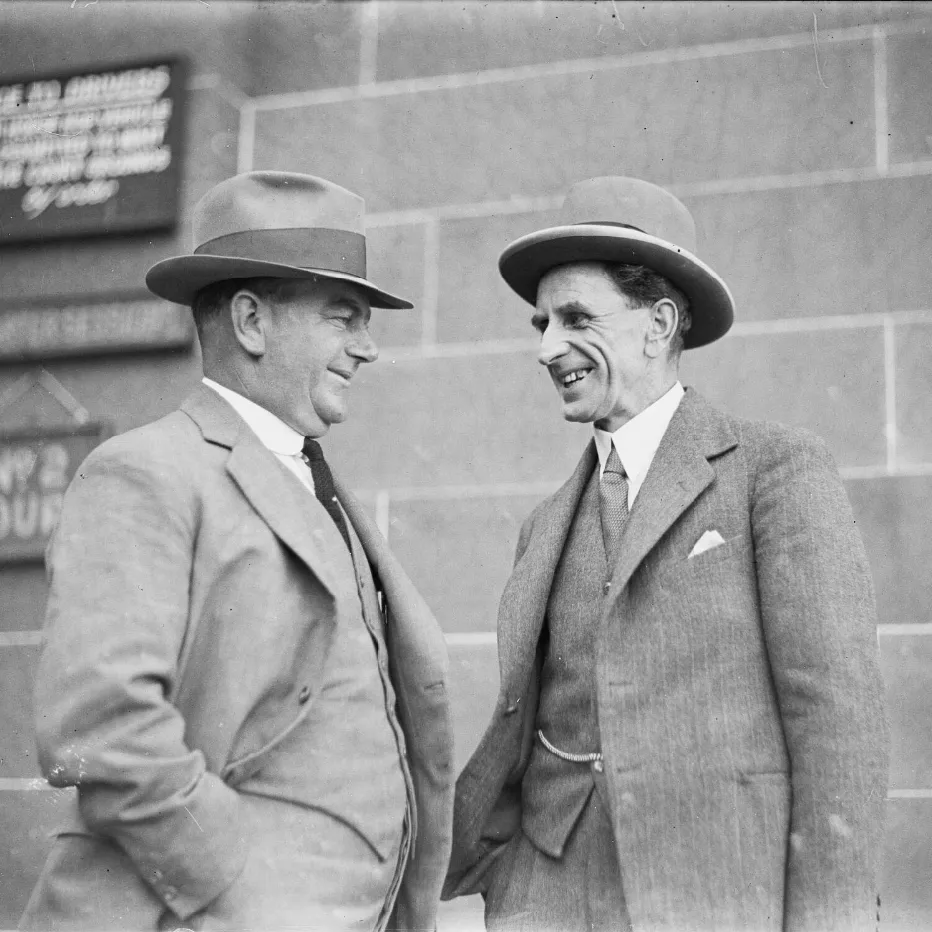Ben Nowrojee, 18, Western Australia
'My advocacy within the mental health queer space started out roughly four years ago. When I was in year nine, I had recently switched schools and come out of mental health challenges. I found my way into [an organisation called] Zero2Hero. I started volunteering with them and advocating in my community for the importance of positive mental health.
I [also] started to be involved in my own school, Christchurch Grammar, an all-boys school. I noticed a lot of challenges faced by young folks and it opened my eyes to the lack of education and awareness for how serious mental health issues are for queer people. When applications opened up for the Youth Pride Committee [an LGBTQIA+ youth advocacy organization in Western Australia], I put my hand up and got appointed. That led to me being the secretary and now the vice chair.
As someone who is involved in the queer community and activism, I’ve always been aware of politics. Having the power this year to vote in a federal election means a lot. I get to prioritise the things that matter to me, to see different bills and policies introduced. I’ve spent years now trying to educate others on what best practices and policies should be. Now I have the chance to actually participate in seeing these policies come to life on a Federal level.
Policies are the most important thing to me. I have the ability to choose who I want by what they stand for. I believe that just having an informed opinion on the things that matter to you makes your vote have a significant impact.'

